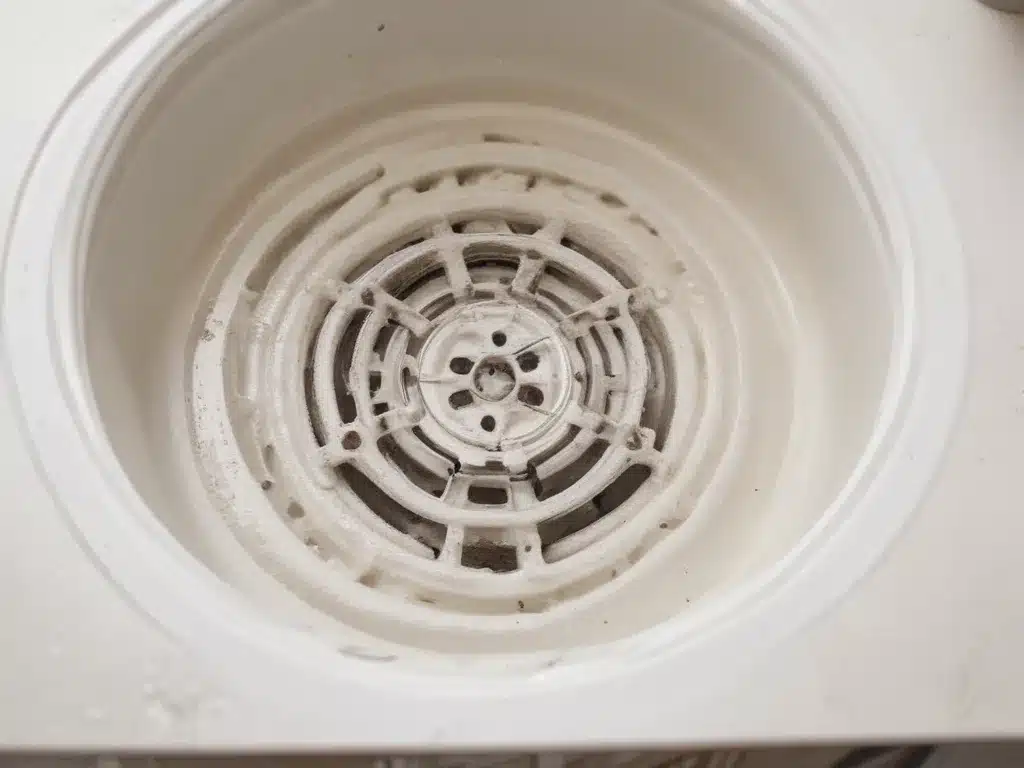Introduction
Do you have a stubborn clog or unpleasant odor lingering in your drains? Instead of reaching for harsh chemical cleaners, why not try a natural and eco-friendly solution using ingredients you probably already have in your pantry? In this comprehensive guide, I’ll take you through the process of freshening your drains with vinegar and baking soda, a tried-and-true method that has been used for generations.
The Power of Vinegar and Baking Soda
Vinegar and baking soda are a dynamic duo when it comes to cleaning and deodorizing. Vinegar, an acetic acid, is a natural disinfectant that can break down grime and dissolve mineral deposits. Baking soda, on the other hand, is a mild abrasive that can scrub away stubborn buildup. When combined, these two household staples create a fizzing reaction that helps dislodge clogs and neutralize odors.
Step-by-Step Guide
Materials Needed
- White vinegar
- Baking soda
- Rubber gloves (optional)
- Plunger (optional)
- Boiling water
Preparation
- Clear the drain area of any debris or standing water.
- If dealing with a clogged drain, remove the drain cover or strainer to provide better access.
The Process
-
Pour vinegar down the drain: Start by pouring a cup of white vinegar down the drain. The vinegar will help break down any organic matter contributing to the clog or odor.
-
Add baking soda: Next, sprinkle a generous amount of baking soda, approximately half a cup, down the drain. The baking soda will react with the vinegar, creating a fizzing action that can help dislodge stubborn clogs.
-
Let it fizz: Allow the mixture to fizz and work its magic for 10-15 minutes. During this time, the chemical reaction between the vinegar and baking soda will continue to dissolve and loosen any buildup in the drain.
-
Flush with boiling water: After the allotted time, carefully pour a kettle or pot of boiling water down the drain. The hot water will help flush away any remaining debris or residue, leaving your drain fresh and clear.
-
Repeat if necessary: For particularly stubborn clogs or persistent odors, you may need to repeat the process a few times. Don’t be discouraged if the first attempt doesn’t completely clear the drain.
Additional Tips
-
Use a plunger: If you’re dealing with a clogged drain, you can try using a plunger after the baking soda and vinegar have had a chance to work. The plunging action can help dislodge any remaining blockages.
-
Let the mixture sit overnight: For extra tough clogs or odors, consider letting the vinegar and baking soda mixture sit in the drain overnight before flushing with boiling water.
-
Clean regularly: To maintain fresh and clear drains, make it a habit to use the vinegar and baking soda method regularly, perhaps once a month or as needed.
Benefits of Using Vinegar and Baking Soda
-
Eco-friendly: Unlike harsh chemical cleaners, vinegar and baking soda are natural and environmentally friendly, making them a safe choice for your home and the planet.
-
Inexpensive: These household staples are incredibly affordable and easily accessible, saving you money compared to specialized drain cleaners.
-
Versatile: The vinegar and baking soda method can be used on various types of drains, including sinks, showers, bathtubs, and even floor drains.
-
Safe for pipes: Unlike some chemical drain cleaners that can corrode pipes over time, vinegar and baking soda are gentle on plumbing systems.
-
Deodorizing: In addition to cleaning and unclogging drains, the vinegar and baking soda combination can help neutralize unpleasant odors, leaving your drains smelling fresh and clean.
Precautions and Tips
-
Wear gloves: While vinegar and baking soda are generally safe, you may want to wear rubber gloves to protect your hands from the fizzing action and potential splashes.
-
Avoid combining with other cleaners: Do not mix vinegar and baking soda with other chemical cleaners, as the combination could produce harmful fumes or reactions.
-
Be patient: Allow the vinegar and baking soda mixture ample time to work before attempting to plunge or flush the drain.
-
Call a professional: If the clog or odor persists after multiple attempts, it may be time to call a professional plumber for assistance.
Conclusion
Freshening your drains with vinegar and baking soda is a simple, cost-effective, and eco-friendly solution that can help you avoid harsh chemical cleaners. By following the step-by-step guide and incorporating this method into your regular cleaning routine, you can keep your drains flowing smoothly and free from unpleasant odors. Don’t hesitate to give this natural solution a try – your drains (and the environment) will thank you!
If you’re in need of professional cleaning services, consider Adam Cleaning, a reputable company in the UK that offers a wide range of cleaning solutions for homes and businesses.







